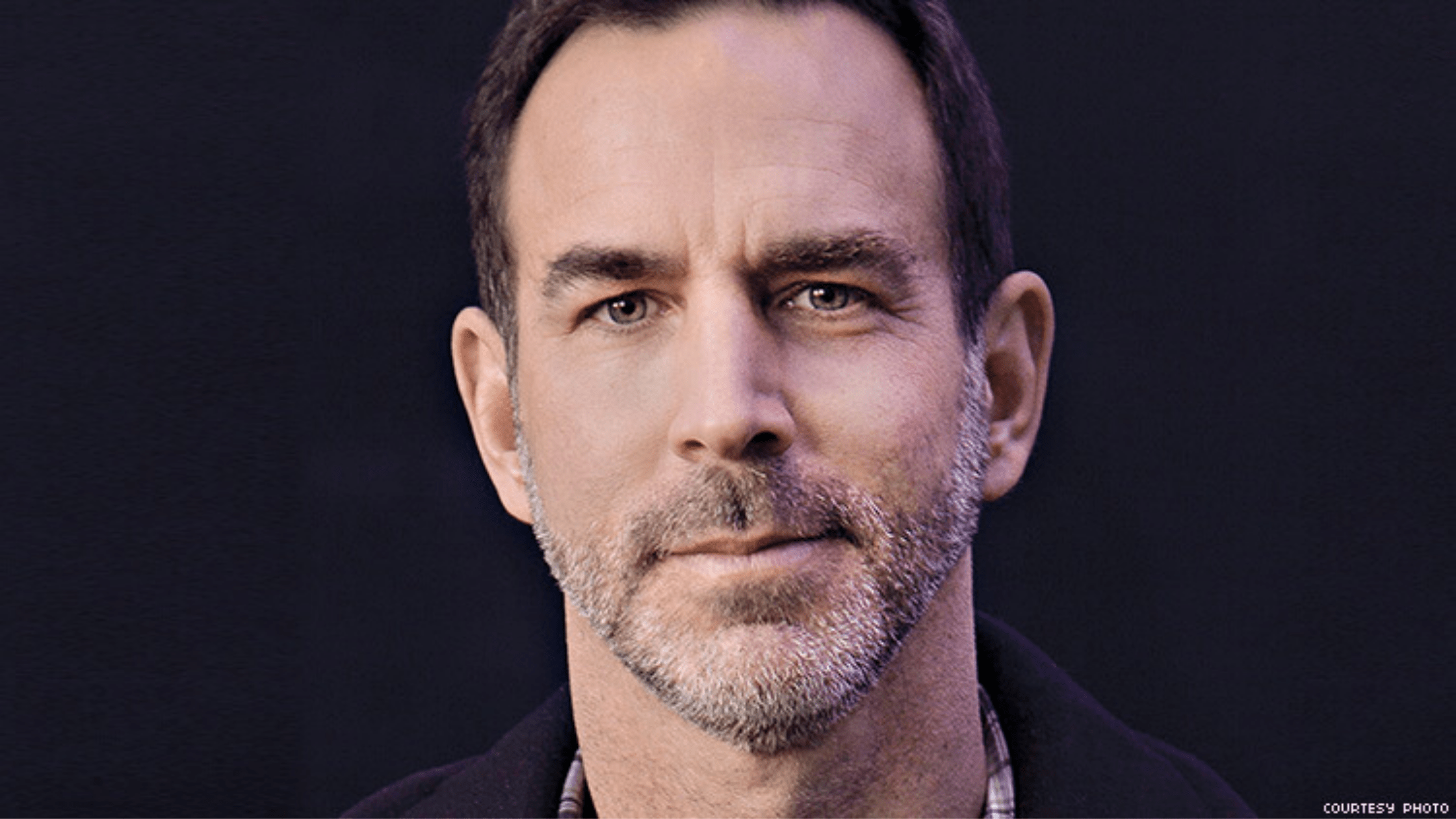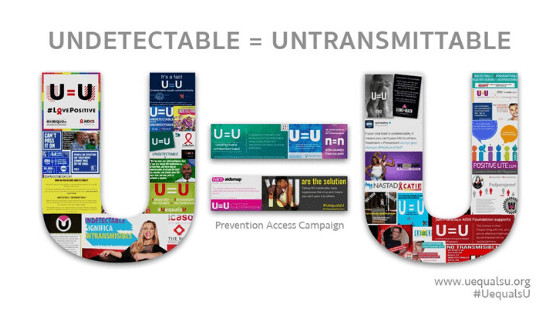
Possibilities of love, intimacy, hope and sex for PLWHA
This is the third in a series of four Q&A posts capturing founder Bruce Richman’s perspectives on our movement to end HIV stigma with U=U, Prevention Access Campaign, and all of us. Recently he talked with us on DAP LIVE.
Question:
I read that you ascribe to the Buddhist philosophy of ‘be happy and help others be happy’. Tell me about how that formed. I mean, what you've done is you've created this movement; you've created social impact. You've created social change.
I think a lot of people wonder how they can start in some small way to be part of the solution, if not in this movement, in another movement.
When I look at U=U it's like holding a sign that claims the intrinsic value of human beings, of all human beings. And that's so powerful.
Answer:
I was driven by the unfairness that this information was only getting to me. This is life changing, incredibly important information. It was getting to folks like myself; white, privileged and well connected. But, everybody needed to have this information. And I felt like it was bringing the possibility of love and intimacy and hope and sex to people. I was just driven by that—this made me happy. I want to help other people be happy.
Especially people who are already marginalized by healthcare systems that are not responsive to their needs, or are designed to eliminate them.
I couldn't understand why some people in the field wouldn't share the U=U message. It's so basic— when you go to a restaurant and you like the restaurant, you tell somebody. You see a good movie, you want to share it, right? So why were you enjoying U=U for the last five years with your partner, but you didn't tell your own staff?
When you're starting a movement, you have to be driven by truth. Especially for something that's so radically challenging to the status quo in the medical establishment and within the community itself, with its norms, power structures, and alliances-- you just have to be driven by truth.
You just have to keep going. You just have to keep focusing on principles, like be happy and let other people be happy, and that the truth will set you free. We can't give up, even though it seems like sometimes we're not going to win, you know?
Question:
I've read language is really important to you. It's very important to be specific and clear about what U=U means, right? Talk to me about that specific language for someone who wants to share this information and use the right language. What is that language?
Answer:
It's important to be really clear when you talk about U=U, especially if you talk about risk, because we're talking about the risk between one human being and another human being in the most intimate moments of our lives. And that language can either bring us so much joy, hope and freedom that we never thought would be possible, or it could destroy us.
So, when you say things like can't transmit, or no risk, that's great. We could even say zero risk as top scientists are saying. The CDC has said you can say U=U.
It gets dangerous when we say things like almost no risk or virtually no risk, or extremely low risk –
this opens up a little window of risk, right?
And that's still a risk. And any window of risk puts our lives at risk for all kinds of harm, internal or external harm. So it's really important to be clear in that description. And then also not just in the language, but how you say it.
There are people whom you might've heard say, “I believe in U=U, but use a condom just in case.”
That but acts like a big eraser.
Another way of saying it is:
“I believe in U=U, and you might want to consider using a condom to prevent other STIs or an unintended pregnancy.”
Another fallacy?
“I believe in U=U, but you're only as good as your last viral load test.”
Nope. Viral loads do not shoot up to infectious levels with minor blips. If you're taking your medication and you get your labs done, you should have no problem. Blips are not anything of consequence. Just take your medication, get your labs done and stay connected to care.
One of the worst catch-alls is, “Oh, I believe U=U, but you never know.”
The truth is, we DO know, and it's okay. U=U.
Prevention Access Campaign offers a whole workshop on how to communicate about U=U, a helpful resource for anyone who wants to make sure they can speak the facts. Many who work in healthcare and social work still struggle with this topic.
Get Access To the Care You Need
One Call is a service that can enroll callers in health insurance or Medi-Cal through Covered California, register them for medical and behavioral healthcare, and schedule their first appointment at DAP — all in approximately 45 minutes. This is a significant reduction in the amount of time this would normally take, thanks to a DAP Healthcare Navigator who will work one-on-one with each caller.
Callers can access One Call service by calling 760-992-0426, Monday – Friday, 9am – 4pm PDT.
Sexual Health Clinic - Palm Springs
1695 N. Sunrise Way Palm Springs, CA 92262
Monday - Friday 8:30 AM - 4:30 AM (Closed for lunch from noon-1:00 PM)
Call 760-992-0492 to schedule an appointment.
To reach our after-hours answering service, please call (760) 323-2118.









